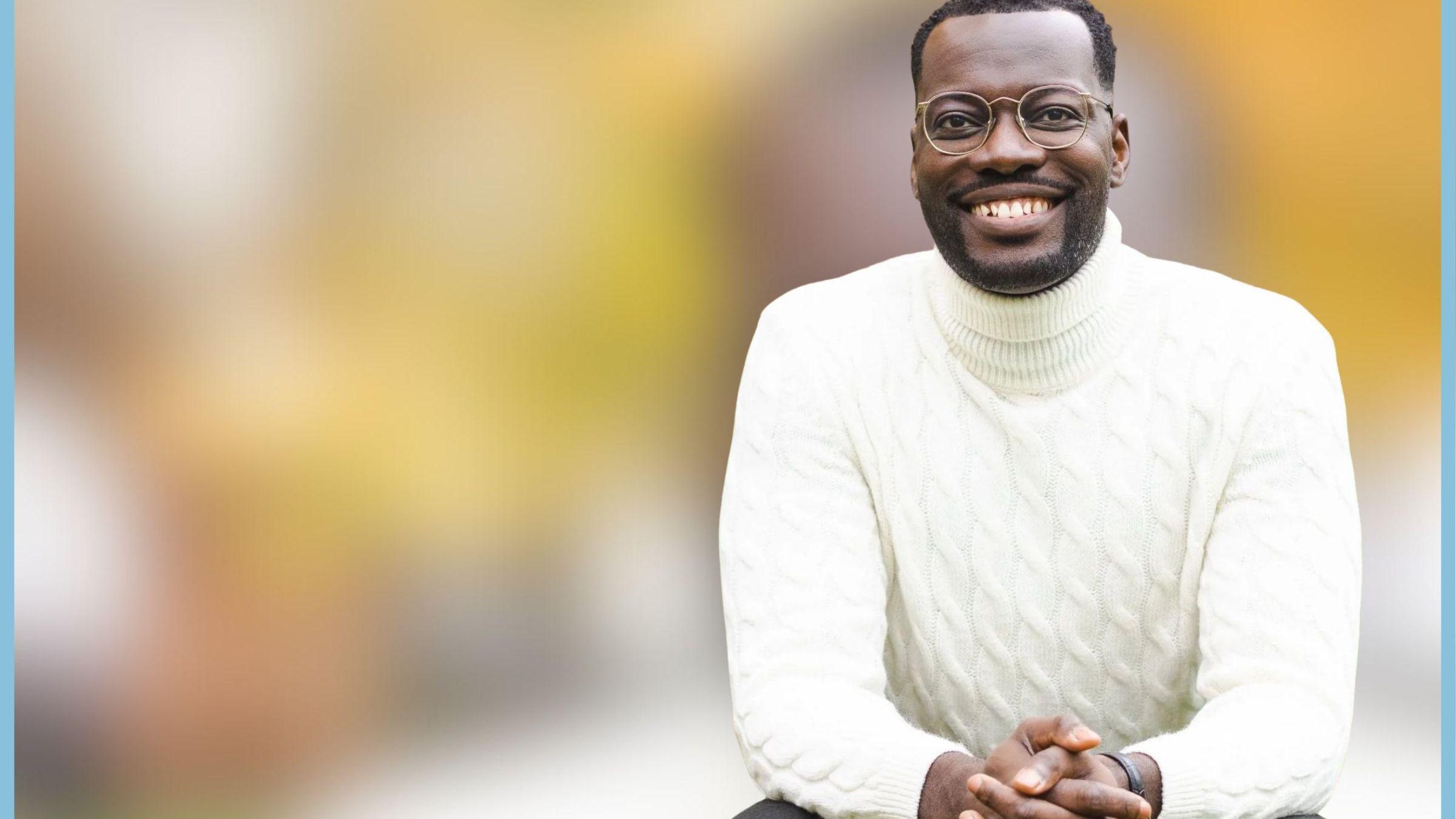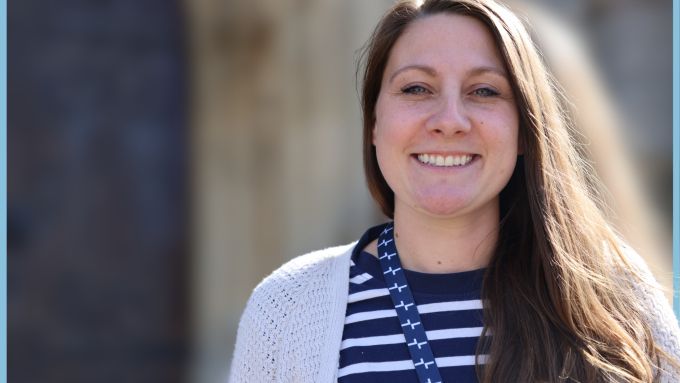
When did you study at St Mellitus College and in which programme?
I was part of the second cohort of the Peter Stream. I came across the Peter Stream from fellow clergy who did it before, and that was my first time hearing about it. The Peter Stream is for those who come from diverse backgrounds—whether that was economic, ethnic, social, etc.—where sometimes the system has made it difficult to be ordained because you hadn’t gone through a particular upbringing, education, or whatever.
If I’m honest, at the time I wasn’t necessarily desiring to go down the route of ministry. I was desiring to get a yellow Lamborghini and move to Sweden and just live my life. But someone sensed the calling in me, and through a series of events I started to sense that calling myself. I took a risk and started at St Mellitus in 2019. I did one year of the Peter Stream and then two years of training for ordination. I was at HTB prior to the Peter Stream because I came through Alpha, so HTB was home, and I was able to do my curacy at HTB after getting ordained.
What are you doing now vocationally?
I am a third-year curate at HTB, and I head up Alpha, as well as some other things.
Looking back, how would you describe your time at St Mellitus?
Training at St Mellitus helped form my sense of theology. If I was to use one word, I would say it was quite transformative. During my time at the college, I went through some challenges, one of them being losing my dad. I think it was quite formational in a sense that, particularly when you go through grief and hard things like that, you question a lot about yourself, about God, about the world. And whilst that was happening, I was also firmly forming my foundation—my theology—in regard to God and life and tragedy and all those types of things. I didn’t realise it at the time, but I think the two came hand in hand. It gave me a foundation of hope during my toughest seasons, so it was very transformational for me.
Because of that, I think the way I lead now comes from a place of compassion and also clarity. It was definitely an element of the two: the studying gave the academic grounding, but the formational stuff came from formation group time. What you don’t realise is that, throughout that time, you become a bit of a family, so you’ve got people praying for you, supporting you, making you laugh, and all sorts. It helps you feel like you’re not on your own. And even from an academic standpoint, there were people in my cohort who were far smarter than I was, and they helped support me as well.
As a church leader, how has studying theology shaped how you lead, teach, or pastor in your current context?
For me, it has forced me to listen better. It’s a simple thing that we as humans don’t do as much. It’s a lot easier to talk than to listen. It’s given me a subtle grounding and humility in how I lead now.
Studying opened my eyes to people’s views, thoughts, and teaching, which has helped me gain more knowledge and grow in the ability to listen. My mom always said, “God gave us two ears and one mouth for a reason.” So, if I was to summarize what theology has given me, it’s made me realise that actually it’s so important to listen.
This helps me when I’m leading Alpha. And as a pastor, it’s incredibly important to listen. People want to be known, loved, and seen. There’s a danger of studying theology and being like, I know everything, ask me anything, but it’s actually an ongoing process of learning. Studying at St Mellitus started that journey, and I feel like I’m continuing it every day.
Why would you encourage someone to study theology?
The more we learn about God, the more we learn about ourselves. You can apply that to any career, vocation, or space. I think we all probably desire to become a better version of ourselves, and the key to unlocking that is discovering more about God.
The very questions people have can be found in theology, because it gives you a deeper insight into some of these deep heart questions that people have. And now more than ever, people have questions. Relational evangelism is one of the best ways we can display Christ to other people. It’s in those intimate, relationship-building spaces where people will ask questions. Studying theology can give you the language to be able to dialogue with people, particularly when they’re in their darkest moments. In doing theology, it also does something that transforms your heart, and that makes you a better leader, a better servant. You’re leading with your mouth, but you’re also leading with your whole being.
For me, theology is just deepening your understanding of God, and if you do that, the consequence is your life is transformed. It’s a byproduct—you become more loving, more graceful, more forgiving, more kind—and all of these things enable you to be a better ambassador for Christ.
Can you share a story about how you have seen God moving in the context in which you serve?
The number of people that are turning up to church is definitely a testimony of all the prayers that came before. We’re seeing the fruits of it. At one of our services at HTB, we’re turning people away every Sunday, which is unheard of—everyone wants to be in there. There’s also been an increase in men. I’m not sure about churches elsewhere, but the demographic is usually a lot more women than men. We’ve seen a lot of young men turning up to church. As a church, we need more male role models, more male leaders, so it’s significant—all the young people and all the men turning up to church.
If I think of one story, there’s a young guy called Rob. He was a guest in my Alpha group about four years ago, a staunch atheist. He was always the one to debate. And if I’m honest, I was like, you know what God, I’m just going to make him feel comfortable, because he ain’t coming to you. This just ain’t going to work. I had lost touch with him and hadn’t seen him for three or four years.
Earlier this year, I came to church and saw him worshipping with his hands up, and I was so confused. I said, “Rob, what you doing here?” He said, “What you doing here?” And I said, “You know why I’m here.” Basically, he became a Christian, got married to this beautiful Brazilian lady, and he’s been coming to the Brompton Road service ever since. Now he’s a leader on Alpha—he just finished being a leader this term.
He’s the type of guy I thought, it’s just not going to happen with him. And in my little faith, God proved me wrong. For me, it made me realise that, you know what, people often just need to feel a sense of belonging more than anything, and we did our best to accommodate that. He made good friendships and kept in touch with people.
You just never know what seed you sow into people’s lives. And four years later, look at him—he’s fully involved in church. I think there are loads of stories like that I hear from other people, but that’s the most recent one. If God can change his heart, he can change anyone’s.



